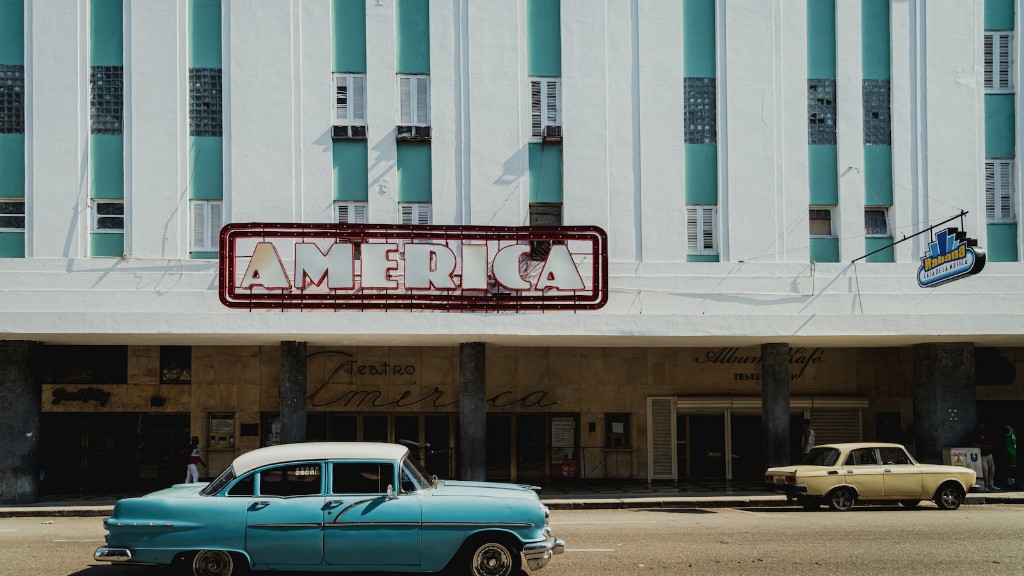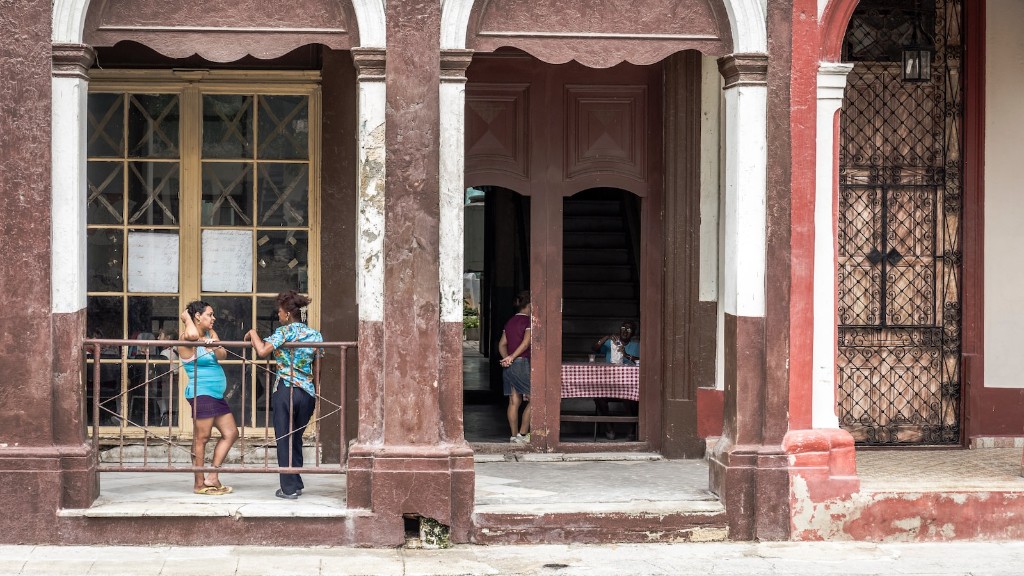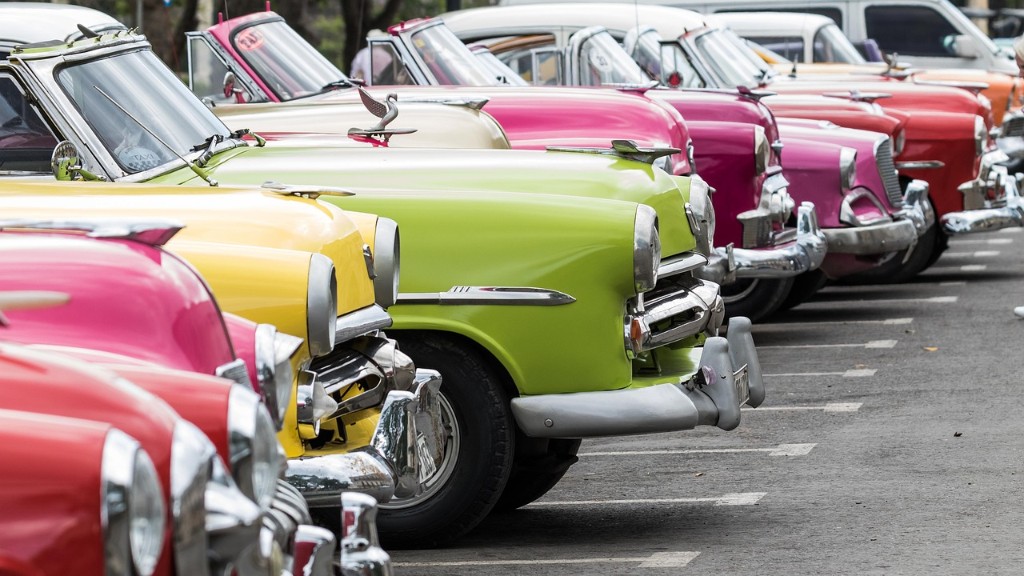Travel to Cuba – UK Government Guidelines
Traveling to Cuba can offer a unique experience for individuals seeking to explore its rich culture, history, and natural beauty. However, it is crucial for travelers to be aware of the UK government guidelines to ensure a safe and well-prepared journey. This article aims to provide an overview of the guidelines and recommendations for traveling to Cuba as advised by the UK government.
Entry Requirements
Before embarking on a trip to Cuba, it is essential to understand the entry requirements set by the Cuban government. UK citizens must possess a visa, also known as a tourist card, to enter Cuba. The tourist card can be obtained through tour operators, airlines, or at Cuban embassies in the UK. It is vital to apply for the visa well in advance of your intended travel date to avoid any last-minute complications.
Additionally, all travelers are required to have a valid passport with at least six months of validity remaining from the date of entry. It is advisable to make photocopies of your passport and keep them separate from the original, along with storing electronic copies in cloud storage or email, as a precautionary measure.
Health and Safety Precautions
When traveling to Cuba, it is crucial to prioritize your health and safety. The UK government recommends obtaining comprehensive travel insurance that covers medical expenses, including emergency repatriation. It is also essential to familiarize yourself with the healthcare system in Cuba and carry any necessary medications in their original packaging, along with a copy of your prescriptions.
In terms of general safety, it is advisable to remain vigilant, especially in crowded areas or tourist hotspots, to safeguard against petty theft and pickpocketing. It is also wise to avoid isolated areas at night and travel with reputable tour operators for organized and secure experiences.
Local Laws and Customs
When visiting another country, respecting the local laws and customs is of utmost importance. In Cuba, it is essential to be aware that certain activities that may be legal or tolerated in other countries might be illegal or heavily regulated. For instance, the Cuban government enforces strict restrictions on photography, particularly when photographing airports, military structures, and government buildings.
Moreover, travelers should be cautious when engaging in discussions regarding sensitive topics such as politics and the Cuban government. It is essential to exercise sensitivity and respect towards the local culture and traditions.
Natural Disasters
Cuba is situated in a region prone to natural disasters, including hurricanes. The UK government advises travelers to monitor weather reports, follow the guidance of local authorities, and register with the LOCATE service to stay informed about any potential risks and receive assistance when necessary.
Culture and Etiquette
Understanding and respecting the local culture and etiquette can greatly enhance your travel experience in Cuba. Cubans are known for their warm hospitality and friendliness. Politeness, patience, and a willingness to embrace the local customs can go a long way in building positive interactions with the local community.
Learning some basic phrases in Spanish can also be helpful, as it demonstrates your interest in the local language and culture. Additionally, it is customary to tip in Cuba, particularly in restaurants and hotels, as it is a vital part of the service industry.
Conclusion
Traveling to Cuba can be an enriching and memorable experience. By familiarizing yourself with the UK government guidelines, you can ensure a safe and well-prepared journey. Remember to check entry requirements, prioritize your health and safety, respect local laws and customs, stay informed about potential natural disasters, and embrace the Cuban culture and etiquette. By doing so, you’ll be ready to embark on your Cuban adventure with confidence.



